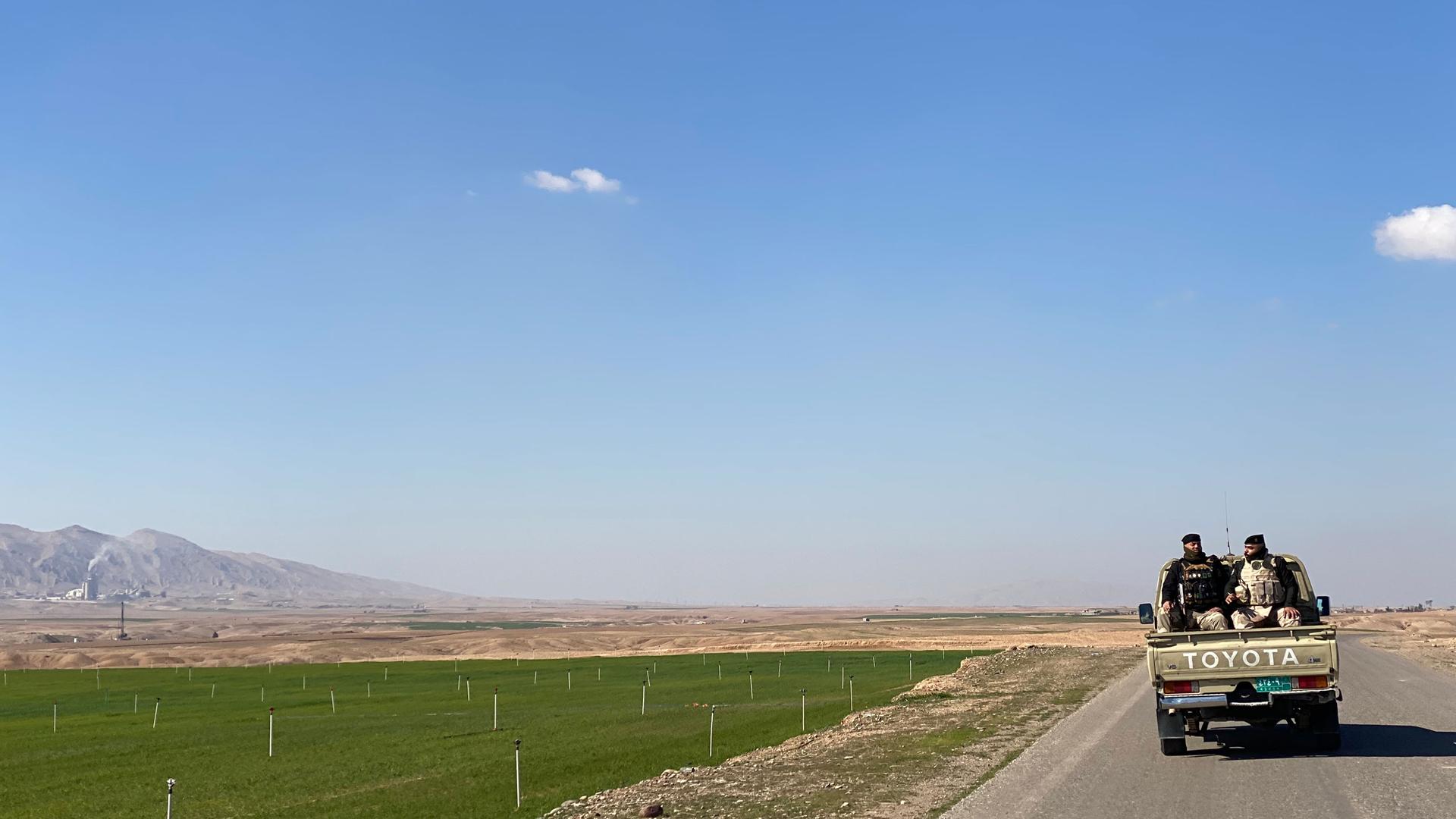When Sara Selim heard the iron gate creak open as she got ready for bed one night in October last year, a pang of fear instantly gripped the 22-year-old.
Residents of the Iraqi Kurdish village of Lheiban know better than to leave their houses when the sun sets behind the slopes of nearby Qarachogh mountain.
It’s been over four years since ISIS was declared territorially defeated in Iraq, but bands of militants still roam these lands.
Related: After years of conflict and rebuilding, Mosul University’s Central Library marks new beginning
Before Selim could check the door, four armed men in military fatigues barged into the house.
“Where’s Mam Hassan?” the militants screamed, she said.
The men were looking for her father-in-law, Hassan Mohammad Hassan, the village’s mokhtar or community leader. The militants were after Hassan for working with Kurdish Peshmerga forces, the military force of Iraq’s semi-autonomous Kurdistan region.
In this area, ISIS takes advantage of the security gaps created by territorial disputes between the semi-autonomous Kurdistan Region and the federal Iraqi government — often leaving villagers to fend for themselves.
The family told the militants that Hassan was out at his farm, but the men didn’t believe them. They made Selim guide them room by room to look for her husband’s father.
“[The militants] said, ‘If you aren’t going to tell us where Hassan is, we are going to take [the child],’ and grabbed him by the arm.”
“They said, ‘If you aren’t going to tell us where Hassan is, we are going to take [the child],’ and grabbed him by the arm,” she said, pointing to Hassan’s 5-year-old son, Mohammad. But before long, word got out about the four militants and villagers managed to chase them out.
Related: Iraqi mothers risk it all to bring justice for their slain activist sons
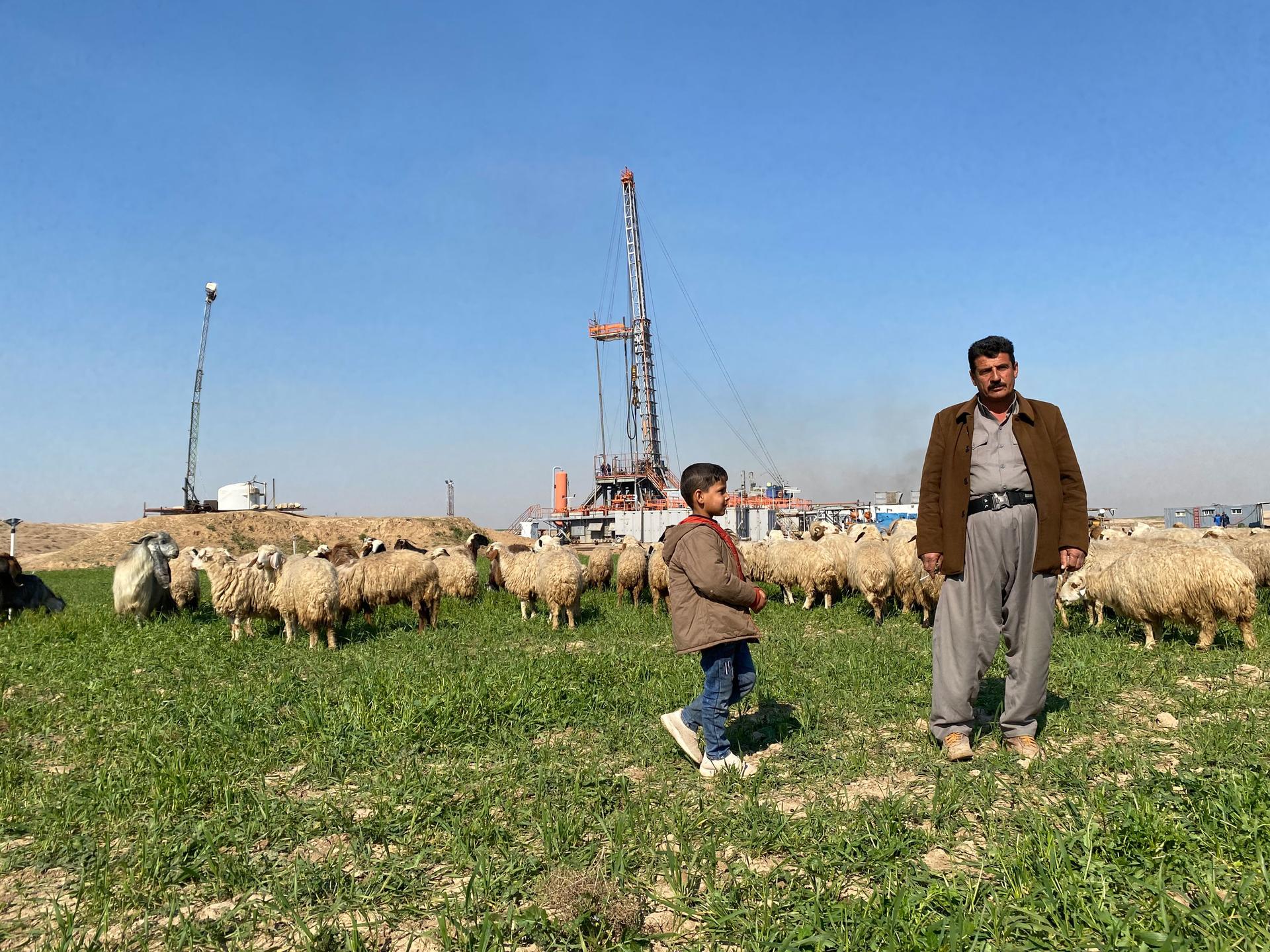
This type of frenzied attack is typical of ISIS.
Gone is the powerful ISIS organization that took over more than a third of Iraq and Syria. Now, motley gangs launch hit-and-run attacks — sporadically targeting infrastructure, and killing and intimidating security forces and vulnerable citizens.
ISIS militants attacked a prison in Syria in January. A day later, in Iraq, the group waged a deadly attack on Iraqi armed forces. These incidents stoked fears that ISIS might be staging a comeback.
The attack on the prison complex, known as al-Sinaa or Gweiran prison, was the largest since the group was declared territorially defeated.
Related: ‘Strangers in their own land’: Iraqi Yazidis and their plight, 7 years on from genocide
But according to Michael Knights, a fellow at the Washington Institute, ISIS has never been weaker in Iraq.
“At the moment, Islamic State [ISIS]attacks in Iraq are at the lowest level — not just in terms of the numbers, but also in terms of the complexity and effectiveness.”
“At the moment, Islamic State [ISIS] attacks in Iraq are at the lowest level — not just in terms of the numbers, but also in terms of the complexity and effectiveness,” Knights said.
Knights, who co-authored a study on the attack metrics of the insurgency, said this is a result of pressure from antiterrorism operations, including the killing of ISIS leaders, and the expansion of security forces into remote rural areas.
In February, ISIS leader Abu Ibrahim al-Qurayshi blew himself up during a US commando raid in northwest Syria, where he’d been in hiding. His replacement has been announced, but little is known about him.
The group has still been able to launch isolated fatal attacks, but in many villages like Lheiban, intimidation tactics are more common than mass carnage.
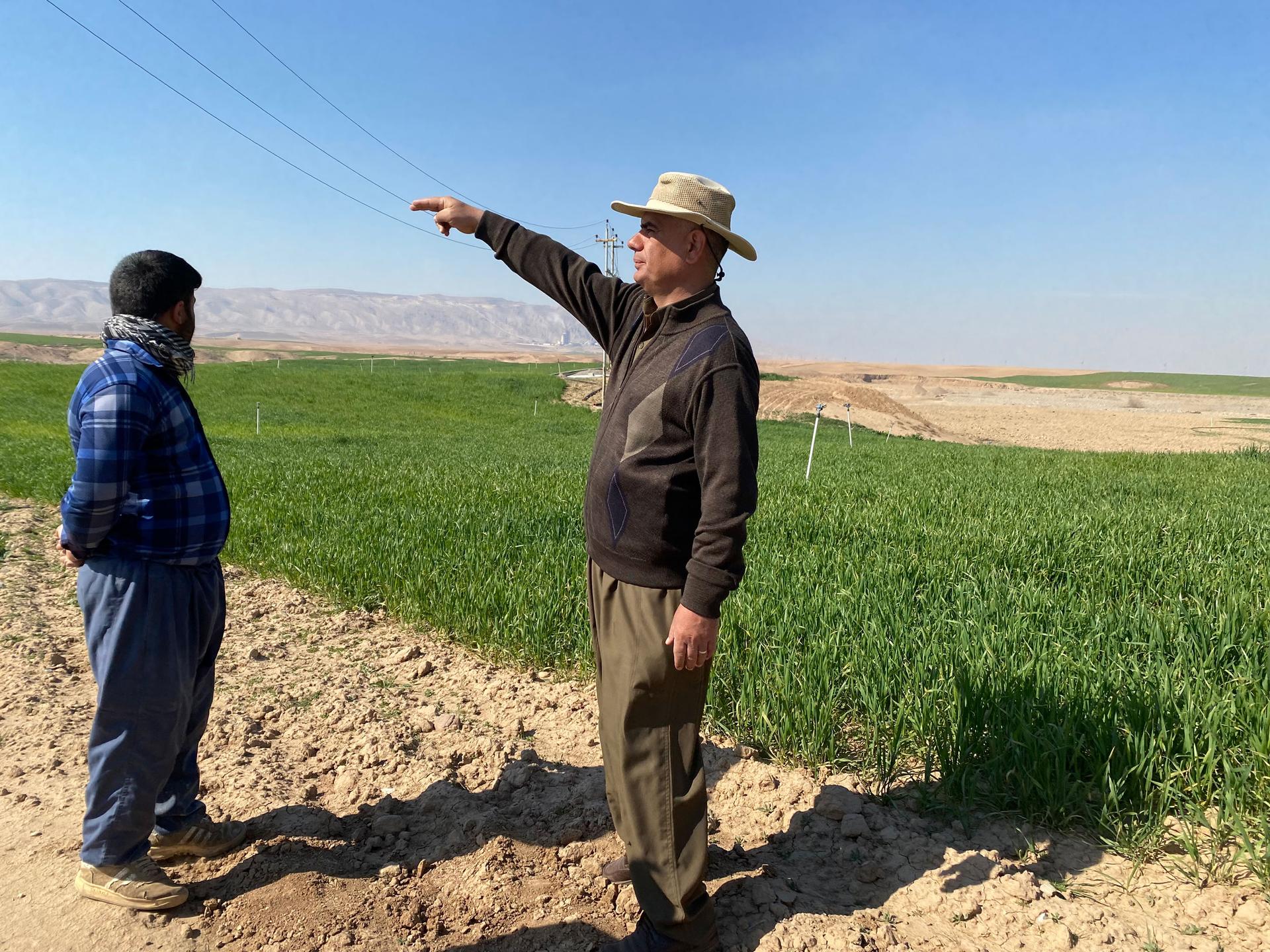
Iraqi commander Abdallah Attieh said that right now, ISIS has no power.
“They might carry out a few attacks occasionally, ” Attieh said, “but they can’t hold territory for more than 10 minutes.”
He said militants descend from their cave hideouts in the nearby mountains to demand food and protection money from local villagers.
Related: ‘I had no life left here’: Iraqi Kurds are at the center of the migration crisis in Europe
“They might carry out a few attacks occasionally, but they can’t hold territory for more than 10 minutes.”
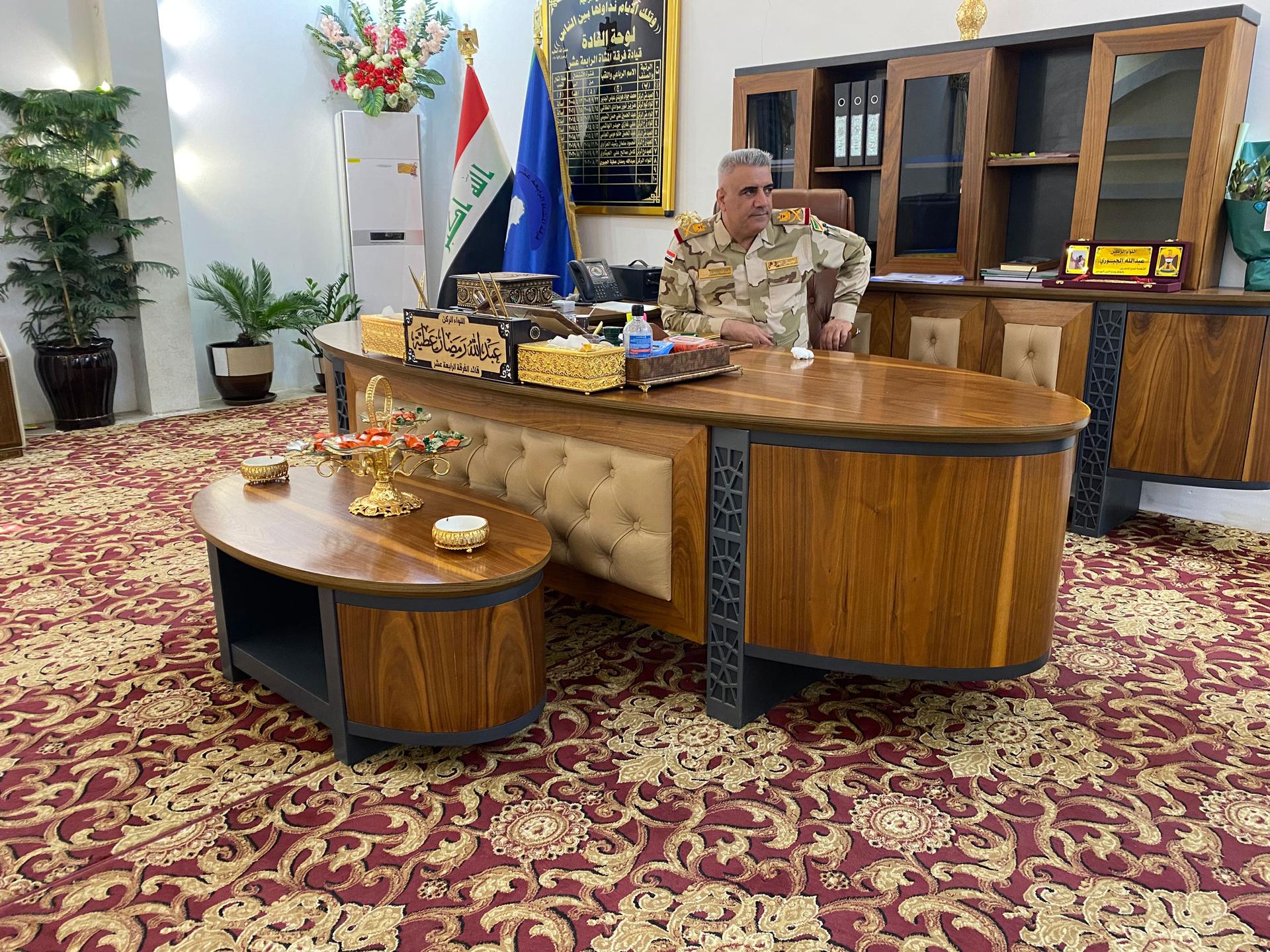
Villages like Lheiban often get caught up in these disputes, falling victim to these security gaps.
One night in December, when a shepherd warned Hassan of over 25 militants descending from the mountain toward the village, the community leader called both security forces to warn them of the imminent attack.
“I called both Peshmerga forces and the army. They both said ‘it’s disputed territory — we can’t move in without coordination.’ … We were helpless. And the government wouldn’t come, so what do we do?”
“I called both Peshmerga forces and the army. They both said ‘It’s disputed territory — we can’t move in without coordination,’” Hassan said.
So, the men of the village prepared for the attack. They gathered weapons, night-vision goggles and took to the rooftops.
“We were helpless. And the government wouldn’t come, so what do we do?”
The men engaged in an all-night firefight with the militants. Security forces finally showed up at 5 a.m., hours after the attack began.
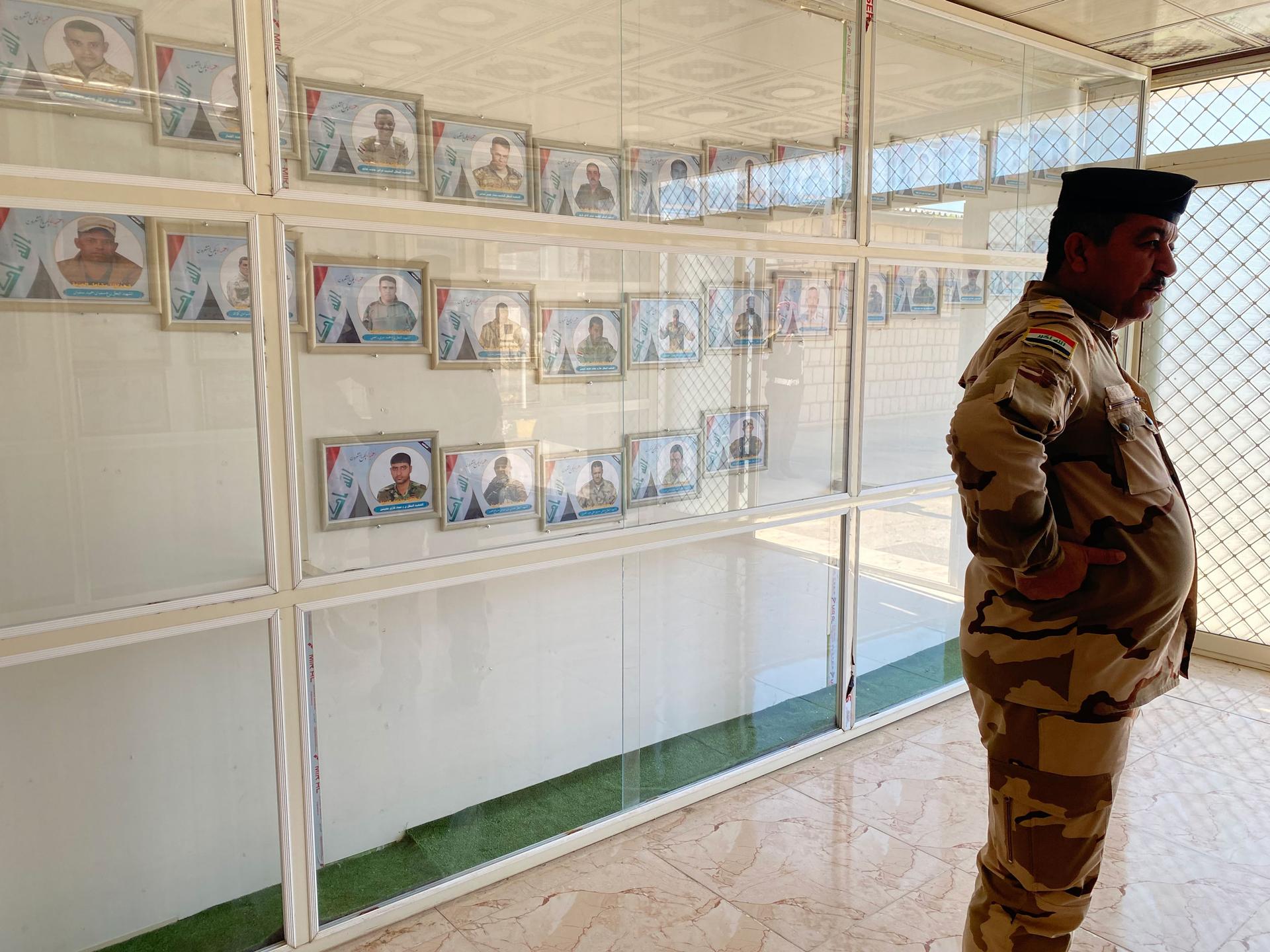
Hassan said he is disappointed in both forces but is relieved that, today, after three separate ISIS attacks, both Iraqi military and Kurdish outposts are now positioned at opposite ends of Lheiban.
Officials say these outposts and newly established joint brigades will help secure the disputed territories.
But the lingering effects of the terrorist attacks endure in areas where ISIS has had a presence.
More than half of Lheiban’s inhabitants have fled.
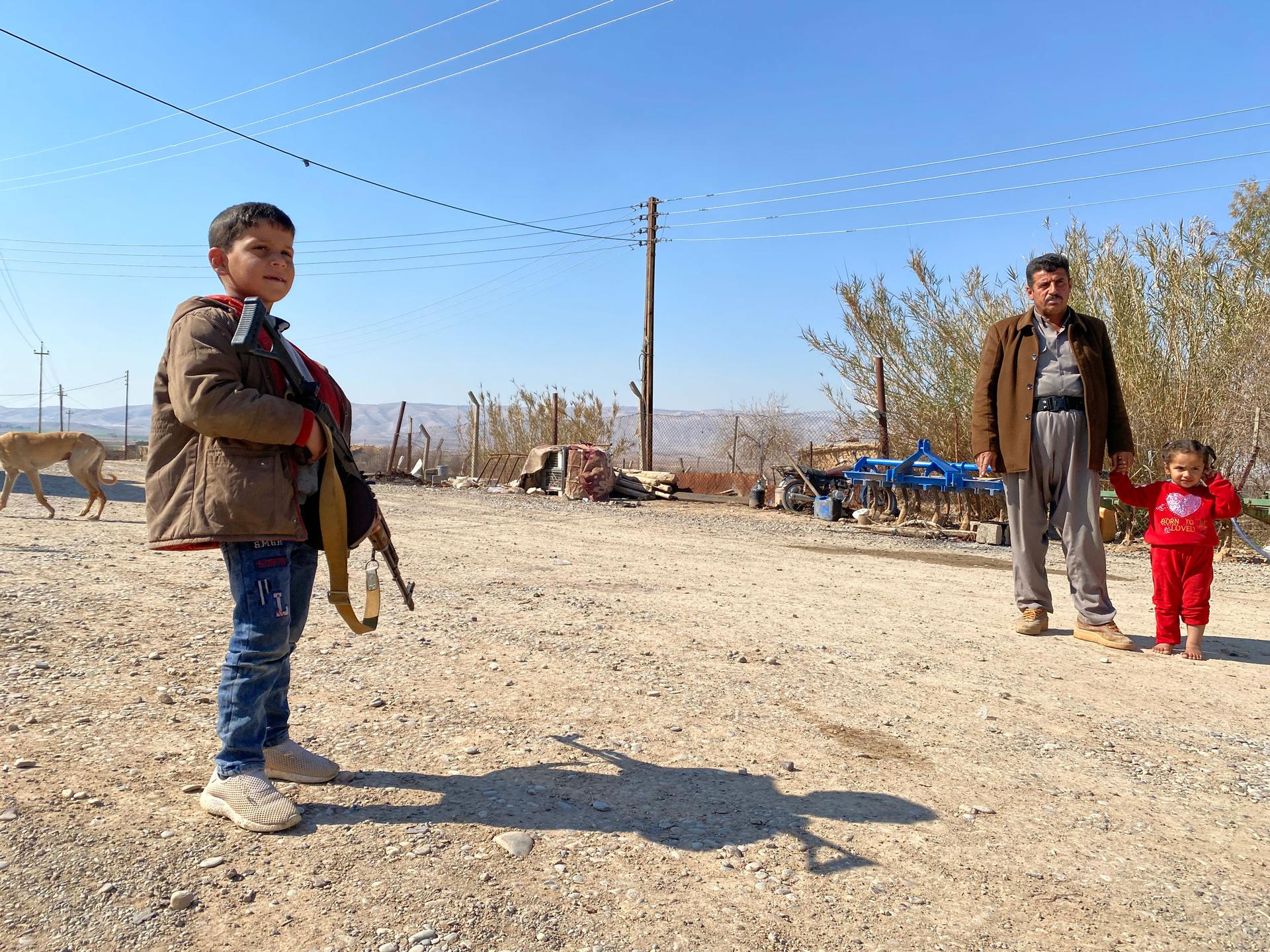
Those who remain say they are constantly on edge.
By the gate of the house, 5-year-old Mohammed plays with his father’s assault rifle.
His family said the child isn’t able to shake the feeling that the “scary men” will return.
